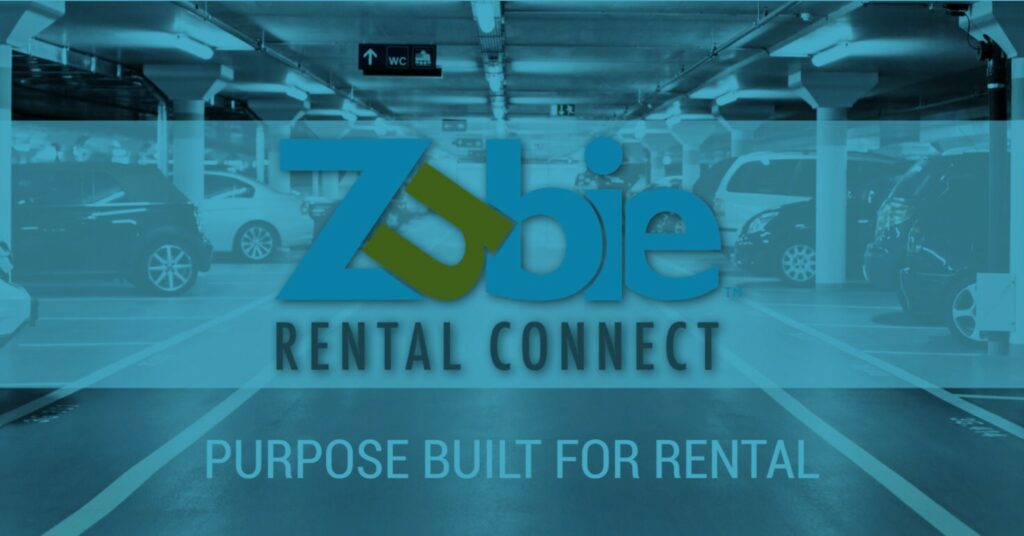
The Covid pandemic reshaped much of the world as we know it – and it brought significant changes to the ways rental companies manage their fleet using fleet telematics systems.
The industry saw a massive contraction both in terms of the number of vehicles in rental fleets and the utilization patterns of existing units.
In 2020, rental operators reduced the number of vehicles from 40% to 70% in some cases. Utilization also fell sharply – 50% to 70%, according to Auto Rental News. Rental fleet management operators drastically reduced staff and began using new operating models to respond to new requirements from their customers that incorporate health protocols into almost every step of the rental process.
A new tension emerged for rental vehicle managers, who in the past typically defleeted their units about every 60 to 90 days. An overheated used-vehicle marketplace presented an even more tantalizing reason to continue this short-cycling approach. However, new vehicles are in short supply due to production cuts of 30%+ by automakers in mid-2020 and a semiconductor chip shortage that continues to plague leading automakers.
All of this means that every rental vehicle is now precious.
Fleet Telematics systems can help rental operators keep their vehicles in service by providing data around fuel use, odometer readings, recovery of lost or stolen units, and inventory control to maximize revenue.
“Rental telematics solutions like ours provide great ROI to rental operators and visibility into their fleet like never before, this is especially important in a more challenging business climate,” said Mark Novak, Zubie’s chief revenue officer. “We provide actionable intelligence around most aspects of operations and vehicle management.”
Locational and Mileage Awareness in Real Time
Rental fleet management and telematics systems provide several important data points to fleet managers around real-time location and odometer readings so exceptions in usage can be more easily spotted.
The system helps with remote lot management, providing return notifications, past due alerts, utilization reporting, and multi-location insights to see which location has which vehicle types.
Telematics data provides accurate odometer readings so companies don’t need to rely on manual entry, which can result in more mis-typed numbers and slower check-ins
Operators can also receive alerts when a vehicle exceeds a mileage limit or reaches an unusually high mileage number. In a world where mileage management is critical to vehicle value, understanding when to sell a vehicle can be key to maximizing profitability.
Fuel Management Increases Profit Margins
Knowing exactly how much fuel was used improves rental operators profitability because it can reduce loss and waste, especially if the rental operator is paying for the fuel.
Knowing the fuel level of a vehicle helps return agents make the check-in process more efficient and it reduces manual input errors that can lead to lost profit. For operators charging customers for variations, vehicle reported data is extremely accurate and picks up on variances not seen by the eye.
Telematics providers usually partner with car rental software vendors to allow the rental company to charge for shortages.
Support for Vehicle Recovery Efforts
In California, when a rental vehicle is 72-hours past its return date, the rental operator can begin tracking its location. Most other states aren’t as strict with their laws.
However, there are nationwide platforms that help rental companies locate overdue and stolen rental vehicles by building partnerships with law enforcement on all levels. One company, Collateral Consultants, claims to be able to recover 85% of vehicles.
Rental fleet management and telematics providers often partner with these companies, by integrating their technology into vehicle tracking platforms.
In some cases, rental fleet managers can send an email link that connects to a real-time map view of a specific vehicle’s “breadcrumbs” trail over a defined period of time.
Maintenance Management to Keep Wheels on the Road
More than any sector of fleet management, rental companies need to know the status of maintenance that’s needed on a given vehicle, so a customer doesn’t see a check-engine light during the rental.
Preventive maintenance schedules set by the manufacturers can be easily loaded into the system so fleet managers receive alerts and diagnostic trouble codes via email or text message.
Telematics devices pull data from a vehicle’s engine following the starting of the ignition, and can pull a range of operating data on vehicle health.
Customers may not be as diligent with a rental vehicle as they are with their personal vehicle, and some repairs can cost more if not dealt with quickly. You can notify renters immediately to see if they want to swap out their vehicle, and be sure to deal with alerts proactively.
A preventive maintenance schedule aided by telematics alerts allows rental operators to clear all alerts before moving a vehicle to available status.
Tracking location for a large rental fleet can also help with maintenance scheduling, so the rental operator knows which repair facility is closest to that location.
Reducing Data Integration Pain Points
Zubie offers its telematics system as a stand-alone solution. However, it has also fully integrated with Navotar, TSD, and Karz. It has formed partnerships with Bluebird and Thermeon. This means vehicle telematics data can freely flow into the rental software so operators will view their data all in one place. Zubie is also in talks with many more systems; either custom developed or mainstream, and everyone gets to benefit from our state of the art API’s to make the entire solution seamless.
Managing multiple logins can prevent productivity initiatives, while integrated data helps connect the dots of all aspects of operations of a rental business.
Final Thoughts
The car rental industry has roared back from the pandemic doldrums of 2020, but rental operators are using a new business model for the new normal.
Rental Telematics companies such as Zubie, that focus on the rental industry can develop purpose-built programs that make more sense, as well as offer customer success support and active communication along all steps of the process.
Zubie’s tools can help with post-covid rental fleet management. Take advantage of Zubie’s FREE no hassle pilot program to understand why being Purpose Built for Rental is an advantage many rental operators are finding hard to ignore.
Sources:
Zubie.com
Inspiring New Talent and Productivity for the Recovery
California Governor Signs Law Reducing Wait Time to Track Stolen Vehicles
ICRS Announces Full Schedule Closing Keynote
